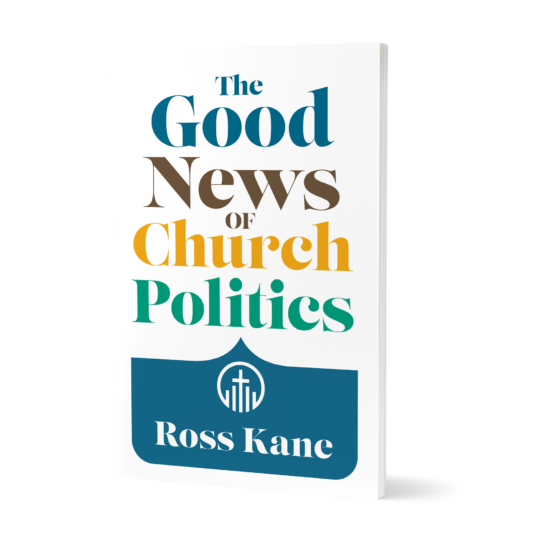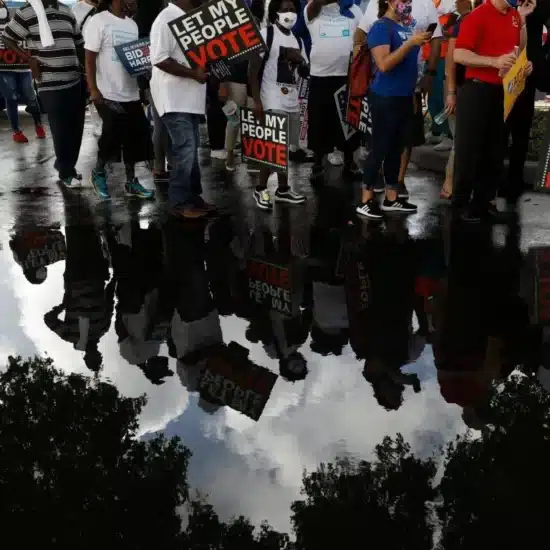Wells Fargo, banking and investment giant, is on the hot seat, to say the least. News-watchers are inclined to think that if they looked up ethics violations in the dictionary, they would see the company’s logo.
After all, the Wells Fargo employees created millions of phony accounts, fake bankcard PIN numbers and fictitious email accounts over the past few years — to name a few transgressions.
Wells Fargo claims to have ferreted out 5,300 employees and fired them over the egregious business practices. But employees claim supervisors — and maybe upper echelon Wells Fargo leadership — created a climate where front-line salespeople faced tremendous pressure to create the phony accounts or lose their jobs. The idea was that customers’ records would show them not owning just a single Wells Fargo financial product but as many as 10, bolstering sales records.
Company CEO John Stumpf denies the strategy came from the top. Whether it did or not is almost becoming moot. The wrongdoing has been pervasive.
Now some Wells Fargo whistleblowers lost their jobs, they say, because they reported unethical sales behavior at various levels inside the company after daring to come forward.
Wells Fargo has a whistleblower hotline and on paper encourages employees to come forward when they are aware of illegal and/or unethical behavior there. But some of these whistleblowers have discovered they are expendable, often within days of complaining about behavior of others that is suspect.
Some whistleblowers charge the company immediately begins to monitor them to find some reason — however minor — to terminate them. One says the reason for his termination within days of whistleblowing was tardiness.
If more and more of these allegedly penalized whistleblowers step up and tell credible stories about Wells Fargo covering up unethical activities in part by ignoring complaints of company “snitches” and instead getting rid of complainers, it could well be that the whistleblowers will, in fact, have affected corporate culture in what the company finds is damaging to the bottom line.
Companies mammoth and tiny across the world have instituted policies to protect whistleblowers from the kind of retribution from which they had no protection a couple of generations ago.
Such policies encourage corporations and other organizations to do the right thing and thus ultimately place companies in a more favorable light and protect employees and customers alike.
If a giant company like Wells Fargo is found to be, well, a giant violator, then regulators and courts should come down hard. If so, they will send a message heard loud and clear in boardrooms and human resources office across the nation and beyond.
People who dare to do the right thing deserve the protections whistleblower policies are designed to offer. There should be no risk in stepping up to expose unseemly personal and corporate behavior. And illegal — criminal — behavior deserves prosecution.
Bill Webb is editor of Word & Way.






